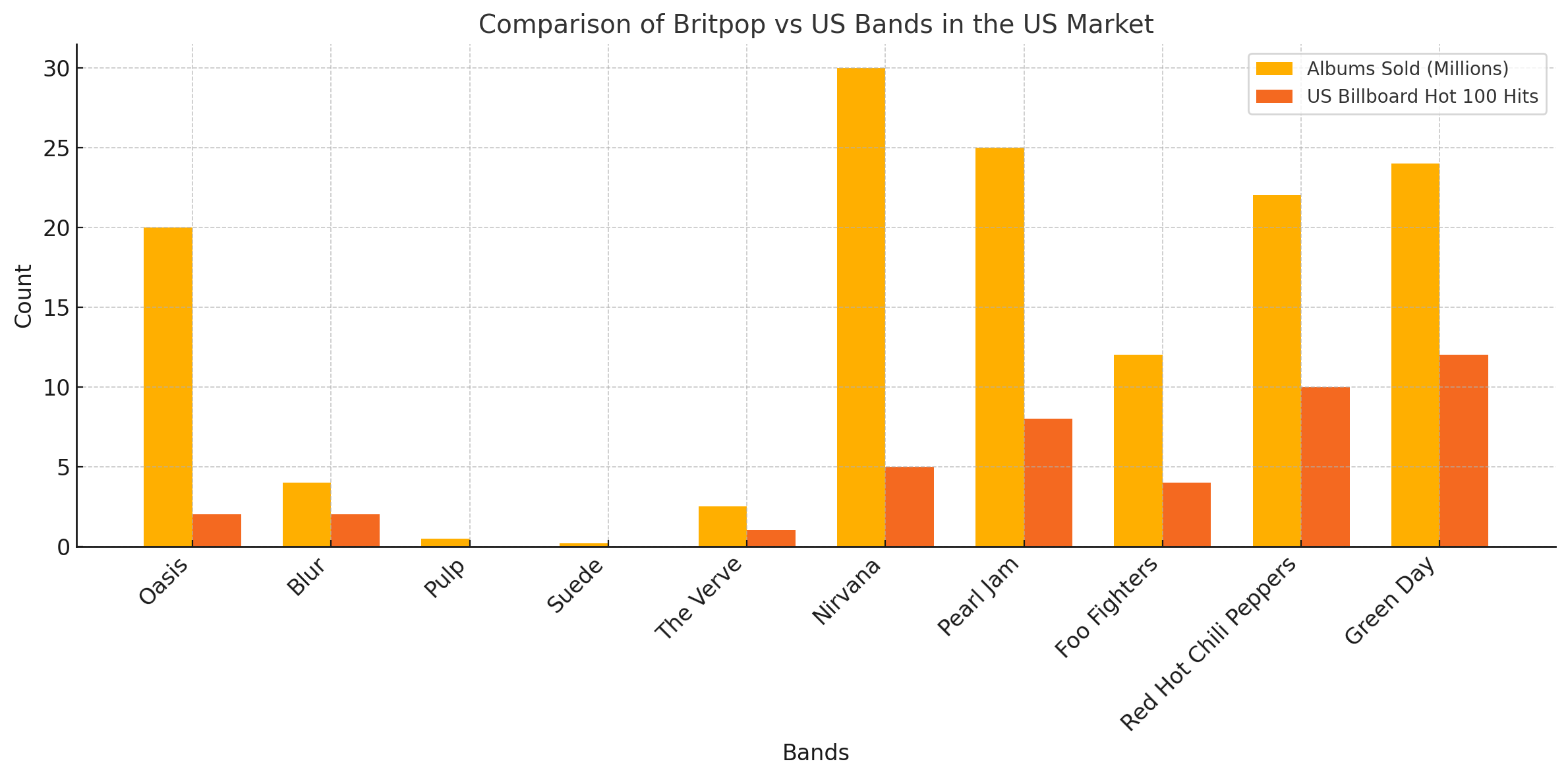Britpop Part 2: Key Influencers
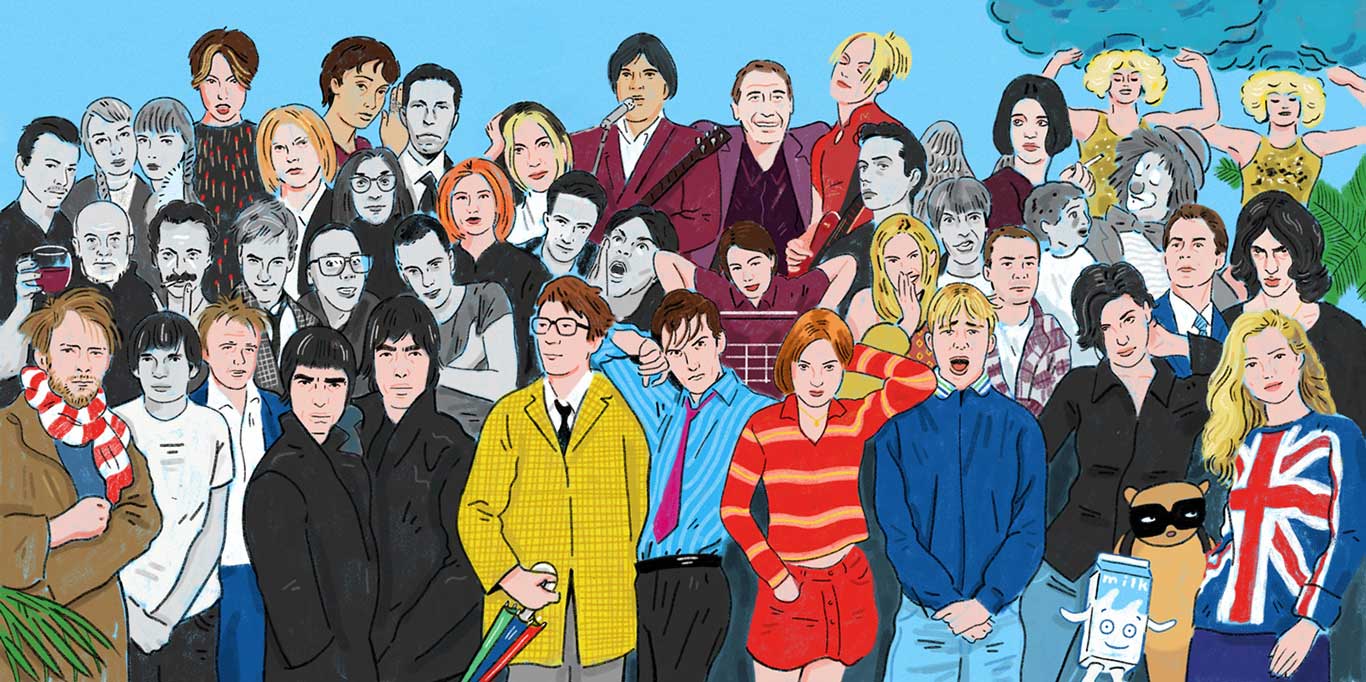
The Britpop era was not only shaped by the iconic bands at its core but also by a network of key influencers outside the bands. These included record companies, media outlets, managers, and cultural figures who amplified and shaped the movement’s reach and impact.
1. Record Companies
Key Record Companies:
-
Creation Records:
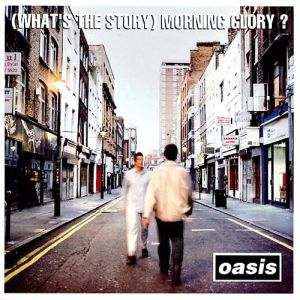
- Founded by Alan McGee, Creation Records played a central role in Britpop by signing Oasis.
- Albums like Definitely Maybe and (What’s the Story) Morning Glory? became some of the most successful releases of the decade. see Oasis Discography
- Alan McGee’s bold promotion and confidence in Oasis’ potential made them synonymous with Britpop.
-
Food Records:
- Responsible for Blur’s early career, including the release of Modern Life Is Rubbish and Parklife.
- Food Records co-founder David Balfe worked closely with Blur, shaping their transition to a more British sound.
-
Island Records:
- Signed Pulp and supported their breakthrough albums His ‘n’ Hers and Different Class, elevating the band into mainstream consciousness.
-
Nude Records:
- Backed Suede, one of Britpop’s earliest bands, helping them achieve significant success with their debut album.
-
Parlophone:
- Worked with Blur after Food Records merged with EMI, ensuring continued support for their later albums.
2. Media and Press
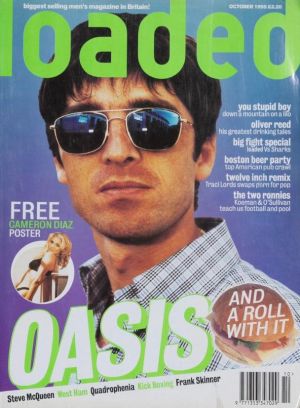
The British media were instrumental in defining and promoting Britpop, often creating rivalries and shaping public perception.
Key Publications:
- Loaded magazine was by far and away the lifestyle publication of the era and coined the phrase "Lad's Mags"
-
NME (New Musical Express):
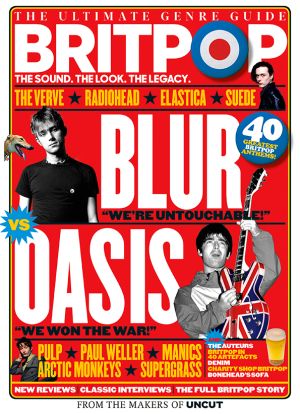
- NME was a music paper one of the leading voices in Britpop, providing coverage, reviews, and interviews that brought bands like Blur, Oasis, and Pulp into the limelight.
- NME played a significant role in sensationalizing the Blur vs. Oasis rivalry, dubbing it the “Battle of Britpop.”
-
Melody Maker:
- Melody Maker was another broadsheet and it competed with NME but offered deeper coverage of lesser-known Britpop acts, helping to expand the movement’s reach.
-
Q Magazine:
- Known for its polished production, Q helped bring Britpop to a broader, more mature audience through features and album reviews.
-
Select Magazine:
- Famously published a 1993 cover story featuring Brett Anderson of Suede with the headline “Yanks Go Home,” framing Britpop as a response to the dominance of American grunge.
Key Radio Stations and DJs:
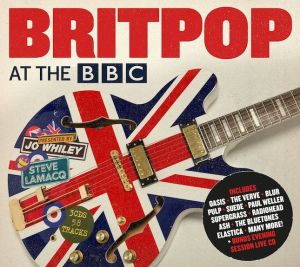
-
BBC Radio 1:
- DJ Steve Lamacq championed Britpop artists, providing them with airtime and exposure to a national audience.
- Jo Whiley, another influential Radio 1 presenter, introduced listeners to emerging Britpop tracks.
-
John Peel:
- Peel’s long-standing BBC Radio 1 show was a platform for alternative music, including early tracks from Britpop bands like Blur and Suede.
-
Chris Evans:
- Host of Channel 4’s The Big Breakfast and later BBC Radio, Evans promoted Britpop culture and frequently featured Britpop acts.
3. Managers
Behind every successful Britpop band was a visionary manager who guided their career, negotiated deals, and managed public relations.
Notable Managers:
-
Marcus Russell (Oasis):
- Managed Oasis through their meteoric rise, including the release of their iconic albums and the record-breaking Knebworth shows.
-
Alex McGee (Blur):
- Played a crucial role in Blur’s career, helping them pivot away from grunge influences to craft their quintessentially British sound.
-
Chris Morrison (Suede):
- Helped Suede navigate the industry and achieve critical and commercial success during the early 1990s.
-
Rough Trade Management (The Verve):
- Guided The Verve through their Britpop-era successes, including their masterpiece Urban Hymns.
4. Cultural Figures

The wider cultural ecosystem surrounding Britpop also influenced its identity and spread.
Key Figures:
-
Tony Blair:
- As part of the New Labour movement, Blair embraced Britpop as a symbol of Cool Britannia, aligning the movement with Britain’s cultural renaissance in the 1990s.
-
Damon Albarn:
- More than just a member of Blur, Albarn was an outspoken advocate for Britpop’s artistic and cultural values.
-
Alan McGee:
- Founder of Creation Records, McGee not only signed Oasis but also became one of Britpop’s most visible and vocal champions.
5. Events and Venues
The success of Britpop was also tied to its association with key events and iconic venues that served as launching pads for the movement.
Notable Events:
-
Glastonbury Festival:
- 1995’s festival was dominated by Britpop acts like Oasis and Pulp, symbolizing Britpop’s cultural dominance.
-
The Brit Awards:
- Blur’s dominance at the 1995 Brit Awards (winning four awards) solidified their place as Britpop leaders.
Venues:
-
Camden Town:
- Known as the epicenter of Britpop, Camden’s venues like The Good Mixer became key hangouts for Britpop musicians.
-
King Tut’s Wah Wah Hut (Glasgow):
- The venue where Alan McGee discovered Oasis in 1993, marking the start of their rise.
Britpop Bands Chart Comparison
| # | Band | Top 10 Singles | No. 1 Singles | Top 10 Albums | No. 1 Albums | Total Weeks on Chart |
|---|---|---|---|---|---|---|
| 1 | Oasis | 23 | 8 | 8 | 7 | 400 |
| 2 | Blur | 12 | 2 | 7 | 4 | 320 |
| 3 | Pulp | 10 | 0 | 6 | 1 | 250 |
| 4 | Suede | 10 | 0 | 5 | 1 | 200 |
| 5 | Supergrass | 9 | 0 | 4 | 1 | 180 |
| 6 | Elastica | 4 | 0 | 2 | 0 | 75 |
| 7 | The Verve | 9 | 2 | 3 | 1 | 220 |
